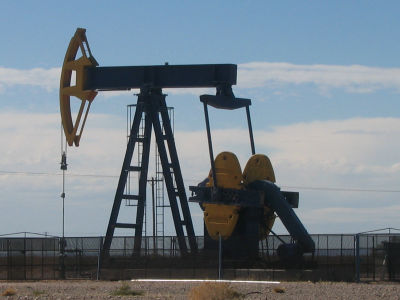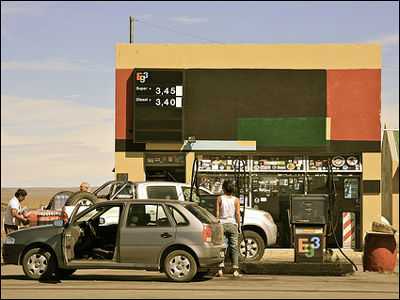How much oil is left on Earth? Will humanity ever run out of it?

How much oil is left and will we ever run out? | Live Science
https://www.livescience.com/planet-earth/how-much-oil-is-left-and-will-we-ever-run-out
Humans first began extracting and using oil on a large scale in the mid-19th century, and since then, we have been drilling for it at a rapid rate to produce gasoline, plastics, asphalt, and many other products faster than nature can turn dead living things into oil, so it is reasonable to assume that at some point we will run out of oil.
However, Live Science points out that 'the bottom line is that we can't even quantify the total amount of oil because some of it is in inaccessible places like Antarctica, and some is produced deep inside the Earth. So the Earth itself will never be completely depleted of oil.'
But we do have a rough idea of where and how much oil there is on Earth. Our understanding of plate tectonics, which is deeply involved in oil production -- the development of ocean basins that create the right conditions to bury plants and animals, and the movement of the Earth's crust that creates the heat and pressure that transforms organic matter into oil -- gives us a rough idea of where the oil fields are.

According to a 2023
For decades, industry experts have made predictions like 'we have 50 years left to run out of oil' based on known reserves -- a figure calculated by dividing known reserves by annual global demand, with each new oil field discovered adding to that figure.
Kevin Book, managing director at energy research firm ClearView, believes AI will make it easier to find new oil fields and also encourage the development of new drilling and extraction techniques, which could lead to higher estimates of drillable oil reserves, he told Live Science.

While there are predictions that estimated oil reserves will change, humanity's overall oil demand is also expected to change significantly in the coming years. According to a report published in 2023 by BP , a British energy company, the demand for oil as an energy source is likely to plateau as the world transitions from gasoline-powered vehicles to electric vehicles. In addition, the International Energy Agency, in its 2023 report , forecasts that fossil fuel use will decrease after 2030.
Live Science concludes that all of this means that oil will likely remain unused for much longer than experts predict.
◆ Forum is currently open
A forum related to this article has been set up on the official GIGAZINE Discord server . Anyone can post freely, so please feel free to comment! If you do not have a Discord account, please refer to the account creation procedure article to create an account!
• Discord | 'Do you think oil will run out in your lifetime? Do you think we can successfully transition to renewable energy?' | GIGAZINE
https://discord.com/channels/1037961069903216680/1247476949027127378
Related Posts:
in Science, Posted by log1h_ik







